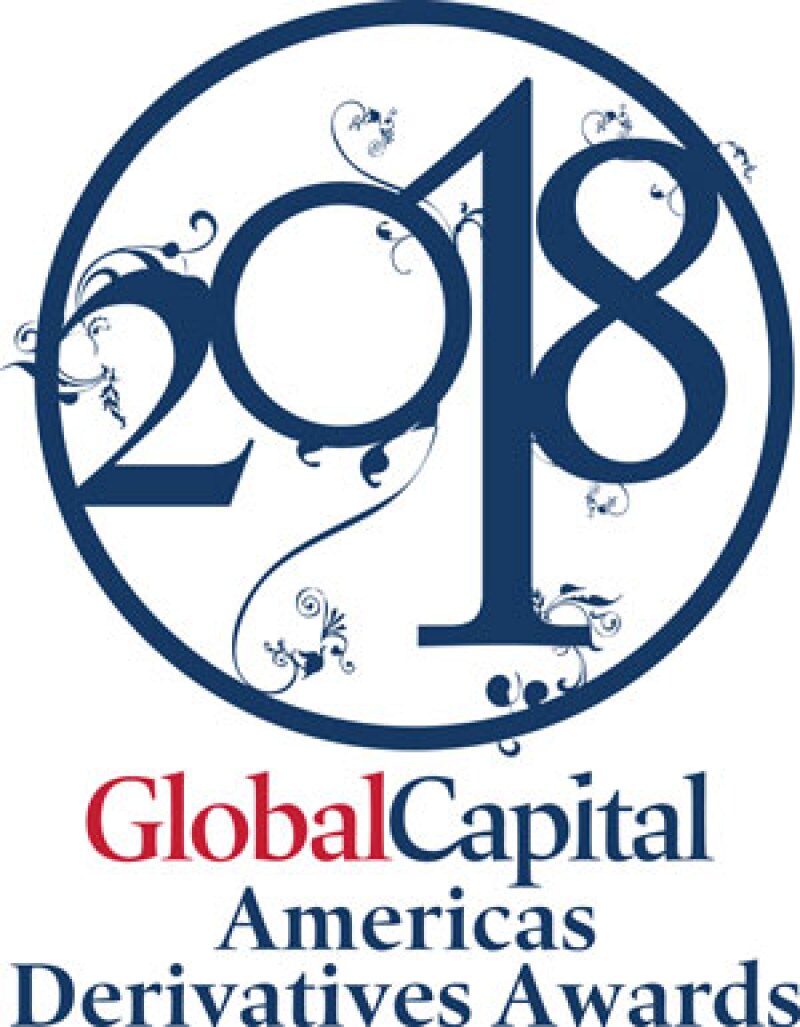
Ever more firms are falling under the scope of new margin requirements for uncleared derivatives. Last year was particularly busy, as variation margin rules came into effect and the initial margin compliance threshold for average aggregate notional fell to $2.25tr for all uncleared over-the-counter derivatives. The rules require new approaches to collateral management, recalibrated internal models, and agreements for activities including collateral segregation and netting.
“We were extremely busy over the past year on both sides of the Atlantic helping our clients implement both initial margin and variation margin requirements, which required significant documentation and systems changes to implement,” says Edmund Parker, partner and global head of the derivatives and structured products practice at Mayer Brown. “The variation margin had a compliance deadline in September and there was a huge amount of activity around that.”
One of the biggest challenges was the scale of the changes and the number of banks that required new contracts to be put in place, with each requiring individual negotiations with derivatives counterparties, all in a narrow timeframe.
Mayer Brown had played a key role in the drafting of the International Swaps and Derivatives Association’s (ISDA) 2016 Variation Margin Protocol and served as primary counsel to the association on the matter. That made it the go-to firm for many of the market’s biggest derivatives users.
The firm also advised ISDA on a range of other matters over the year, including the impact of proposed changes to EU legislation on the ISDA Resolution Stay Protocol.
“I think what really struck me last year is the sheer number of participants in the OTC markets affected by the variation margin rules, which goes well beyond the largest banks to smaller regional players, insurers and pension funds, some of which do terrific volumes of derivatives,” says Parker. “The variation and initial margin requirements provided a real demonstration of the scale of the market.”
Showing clients new approaches
In many cases, that meant assisting banks in restructuring business models, providing input on regulatory classification and compliance, enforceability, regulatory capital consequences and reputational risk through legal memoranda and opinions.
Against a background of shifting regulatory requirements, the firm was also active over the past year on transaction work. Among the stand-outs, Mayer Brown advised on an equity forward and conversion ratio hedge to monetize large shareholdings of convertible shares, total return swaps, deal-contingent swaps, rating agency-compliant swaps, foreign exchange prime brokerage arrangements, swap intermediations and high yield swaps.
With global M&A activity exceeding $3tr for the fourth straight year in 2017, and increased regulatory scrutiny of cross-border transactions, the deal-contingent swap market was particularly active. The structure allows acquiring companies to proceed toward completion in a foreign currency while protecting themselves against currency risk that would otherwise prevent the deal from going ahead.
“It’s not a new product but with the pick-up in regulatory interest in the M&A space it’s probably more relevant than it has ever been, and requires greater legal input,” says Parker.
Mayer Brown expanded its team over recent months too, attracting a large capital markets team from Morrison & Foerster, including five partners, three counsel and a number of associates.
Among them was derivatives specialist Anna Pinedo, an expert in structured products. The firm is legal counsel to the US Structured Products Association and works with clients to produce both exchange traded and bespoke products.
Mayer Brown was also active with pro bono work, advising risk transfer start-up Global Parametrics on the launch of the Natural Disaster Fund, helping create an innovative climate insurance initiative backed by the UK and German governments.
The tool uses bespoke parametric risk transfer and advanced climate risk modelling to support offerings that deliver affordable insurance-style solutions to smallholder farmers in Africa and Asia. When a natural disaster occurs, Global Parametrics triggers the terms of the contract, and provides contingent liquidity and risk capital.
“These kinds of products can help support providers of micro-finance,” says Parker. “It’s very satisfying to see derivatives playing such a positive role for emerging economies.”







